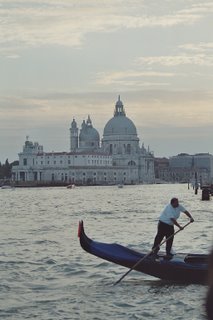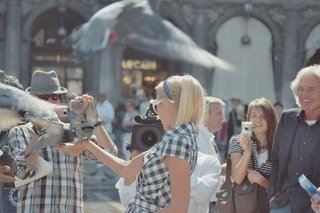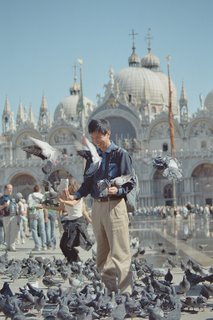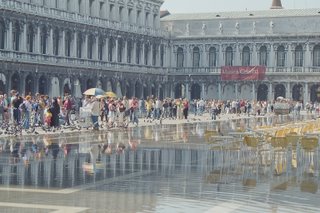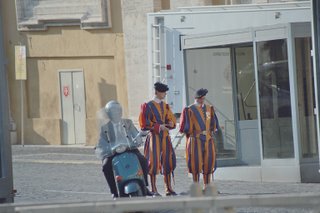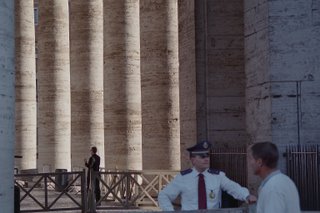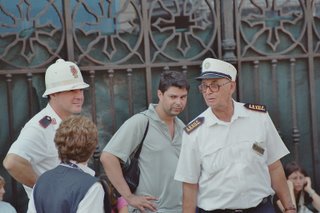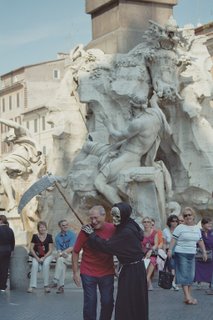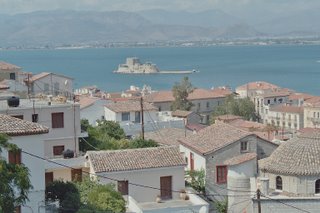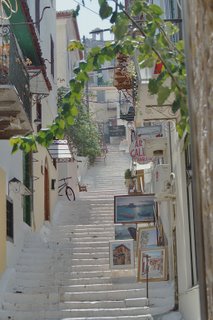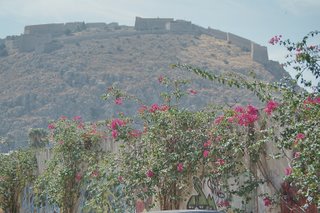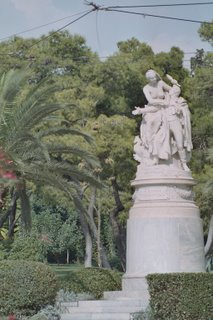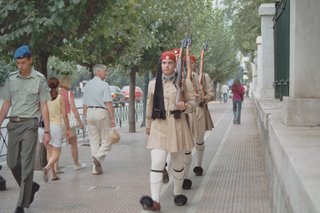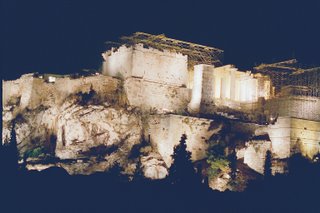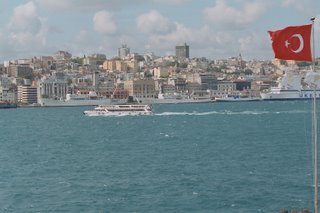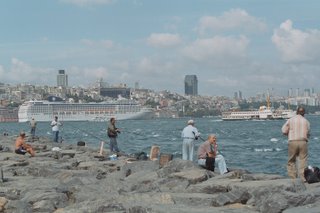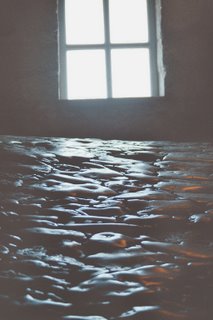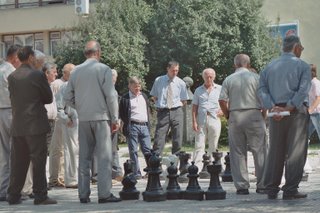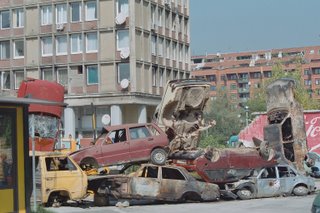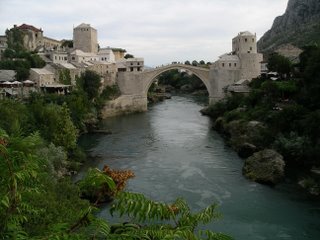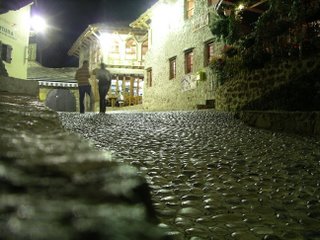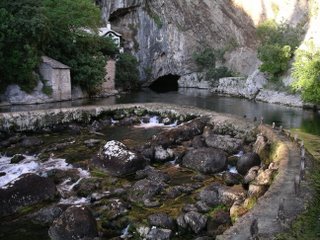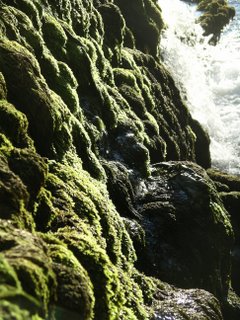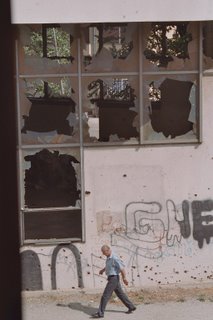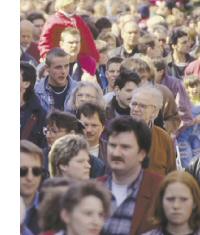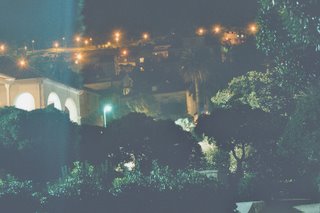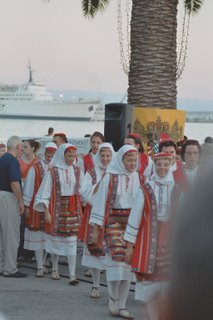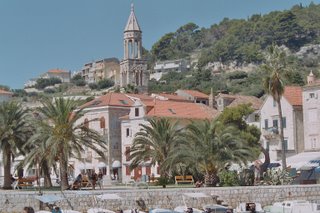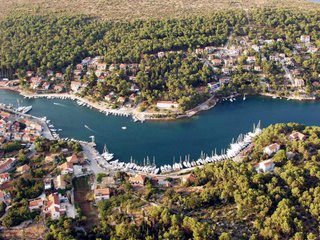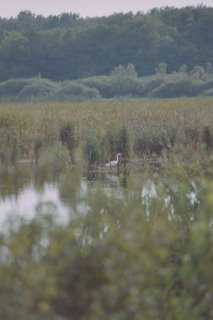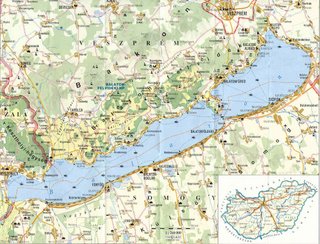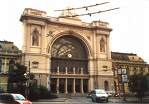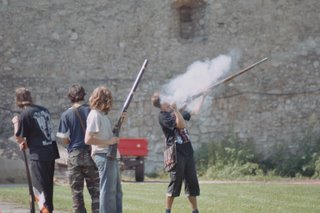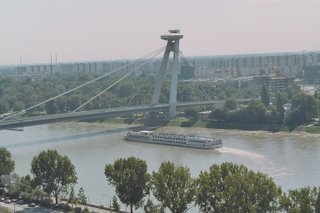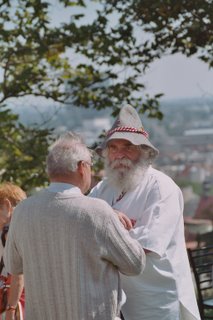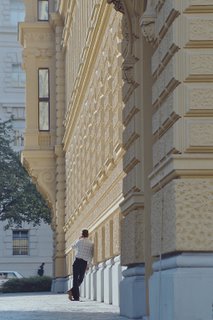
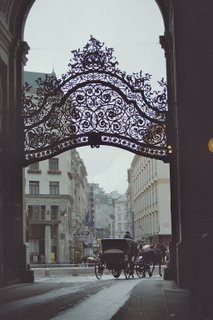
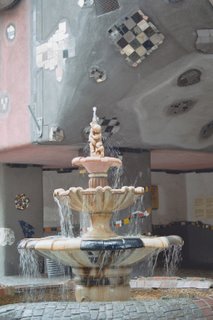
Tuesday, 29 august 2006.
My second day in Zurich, after having arrived the evening before by train. Now here I am, strolling around with my friend and her baby, discovering the surroundings of Zurich lake. Everytime you arrive in a new city, you shouldnt try to know all the cultural events taking place. Unless if you want to be frustrated. For example, the big theater and music summer festival in Zurich. If you want to become a festival hopper, you go for it, but you won t do so many countres. Because culture takes time, and sometimes in the evening you just feel walking around in cities and places is exhausting. Is this right, can travels and trips be something exhausting, an activity on its own, which is more than a full time job? Yes it is. But of course, compared to everyday working hours in an office, this is time you conceive yourself. That s the advantage.
Zurich, Zurich, what it is about? It s about Swiss prices you have to pay, you might think they are kidding when you read the prices just to eat some fast food or having a drink somewhere. But feel assured, we all know Swiss salaries are adapted to those premium prices. It is not true that they put Gold in the beer tu push the price higher ...
My favourite place in Zurich, having so little time, was the famous Art Museum
Kunsthaus Zurich. Of course, if you want to visit everything, feel ready to pay the approximate equivalent of ... oh, it hurts too much ... BUT it s worth it. It might be one of the European places where art is seen by a global approach. Feeding you with little pieces of everything, and you decide whether to go further in this or that direction. The temporary exhibition Expanded Eye is about the contribution of photography and video ... to the visual arts. Objects and works of art that modified our perception, that play with our eye, blurred the border between the visible and the unvisible, even engendering hallucinating effects.
In another exhibition, a statue of Italian sculptor
Alberto Giacometti was an object i liked a lot: the dog, sculpted in 1951. It shows an exhausted small dog and seems to realistic to the viewer...
Tuesday to Wednesday – Zurich to Vienna First night on this travel in a night train. Everybody has its own couchette, sleeper, whatever you call it. But those night train constructors seem to think that people are actually never taller than 1,80. You should nt be big, that always helps, but needing to put your feet behind your ears because there is not enough space in your bad, these are moments you do remember. In the same compartment: a young mother and her baby, yes, babies seem to be the current element of my first days, and a young future theatre director that prepares its career in vienna, in the framework of the famous Max Reinhard workshop. I try to keep his name in mind for getting free theatre tickets for prestigious plays around Europe :-)
Wednesday, 30 august
Here I am, in
Vienna, heading to the first youth hostel my favourite guide book Lonely Planet, the bible of backpackers, actually recommanded. Don t ask too much in youth hostels. You just know they are cheap, the put many people in the same room, and you just know it is part of the program ot listen to all those people that arrive or leave 4 hours in the morning, when you still dare to sleep. You just know, that there is always just one or two shower for too less people, and that snoring shouldn t be a problem for you. Unless if you are well prepared: Put your earplugs in and here you are. Hurting ears in the morning might be a problem of my earplugs or of my ears being badly adapted to those standard models ... but it helps so much to feel you have actually slept the next morning.
Met two
Czech girls during breakfast in the youth hostel. We talked a lot and decided to discover the city together: the neo-gothic Rathaus (Town Hall), the Greek-revival style Parliament and the famous baroque Karlskirch (St. Charles church). The day before i went to the museum of modern art, Hundertwasser Haus (a social housing project conceived by the architect Hundertwasser,
see photo), Prater amusement park with the Riesenrad, this Giant Wheel which played such a key role in the Film the Third Man with Orson Welles.
There is so many sights to be seen in Vienna that you actually feel overwhelmed by the number of must-see things. But, one more lesson I got on my way: You have not so much time, so just pick up some highlights and even don t pick up anything at all, just sit somewhere, feel the atmosphere of the city or that place and say to yourself: in a world of low-cost flights, there is no European city really far away. Do the whole tourist when you come back. This trip is just to get a first impression of what is Europe like. Besides the countries I always have been to before: Germany, France, the Netherlands, Belgium, the UK.
Yes, i know, i have a one week delay. I m just in Hvar, Croatian island close to Split. More about the last days. Very very soon.
